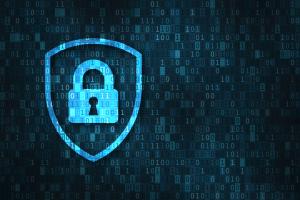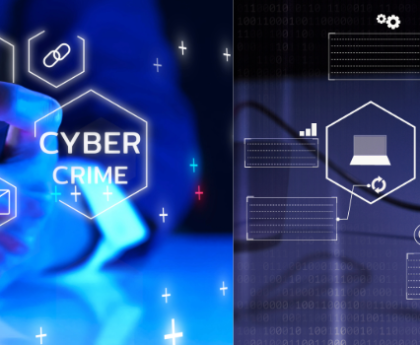U.S. Rep. Laurel Lee is continuing her push to support an anti-terrorism program that would reauthorize standards at chemical facilities.
The Lakeland Republican questioned witnesses recently during a House Homeland Security Subcommittee hearing on cybersecurity and infrastructure protection, pointing her inquiries toward fleshing out the importance of the Chemical Facility Anti-Terrorism Standards (CFATS).
Lee introduced the Protecting and Securing Chemical Facilities from Terrorist Attacks Act of 2023 (H.R. 4470) last year. It passed nearly one year ago, on July 25, 2023. The bill would extend the CFATS authority to ensure regulatory standards set at chemical facilities are reauthorized. The CFATS program expired just two days after House passage.
The U.S. Senate has yet to reauthorize CFATS. U.S. Sen. Rand Paul, a libertarian-leaning Republican from Kentucky, has so far blocked the reauthorization from being implemented, citing a lack of review over the program’s cost and effectiveness.
Lee is still trying to usher the program through.
“The CFATS program identifies and regulates high-risk chemical facilities across the U.S. to ensure they have security measures in place to reduce the risks associated with certain chemicals and terrorist threats posed by foreign actors,” she said in a statement after her witness inquiries.
“My bill will ensure that the CFATS Program remains authorized so that Department of Homeland Security Officials can continue working with these facilities to keep our communities safe.”
In her questioning late last month, Lee asked Frank J. Cilluffo, Director of the McCrary Institute for Cyber and Critical Infrastructure Security, about comments he had previously made about security efforts.
“In your written testimony, you stressed the importance of identifying and protecting systemically important entities. You said you would like to see this coordination go beyond information-sharing and see entities share in joint threat analysis and incident response coordination. What do you think, if any, are the inhibitors to entities engaging in these kinds of activities and getting beyond that information-sharing stage?” she asked.
“Just like any other environment, trust really is the coin of the realm,” Cilluffo answered. “It takes a very long time to build and it can evaporate in a nanosecond with one silly comment or one leak or what have you.
Lee further pressed American Gas Association Vice President of Security and Operations Kimberly Denbow on the CFATS program, specifically on the benefits of the program.
“The program sets a foundation for operators to work from,” Denbow said, adding that it has evolved from previous iterations “to a model that is extremely functional where, we talked about trust, trust cannot be mandated, trust must be earned.”
Denbow added that operators have been able to, through CFATS, learn ways to “minimize or reduce” the amount of chemicals on site that could pose a terror threat. She advocated for reauthorization.
While CFATS has not been reauthorized, it is still being funded, which allows staff to continue working on other chemical security projects outside CFATS. But without reauthorization, that funding is in jeopardy. If Congress were to pull funding because the program is not authorized it would make it more difficult to re-staff the program in the future, advocates worry.
[embedded content]
[embedded content]
Post Views: 0
This post was originally published on the 3rd party site mentioned in the title of this this site






